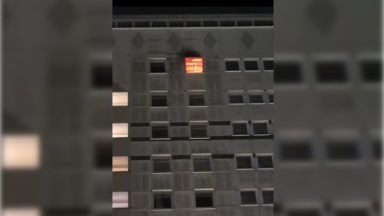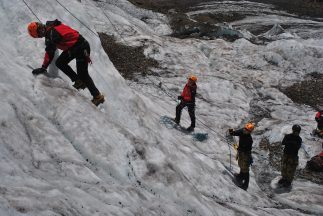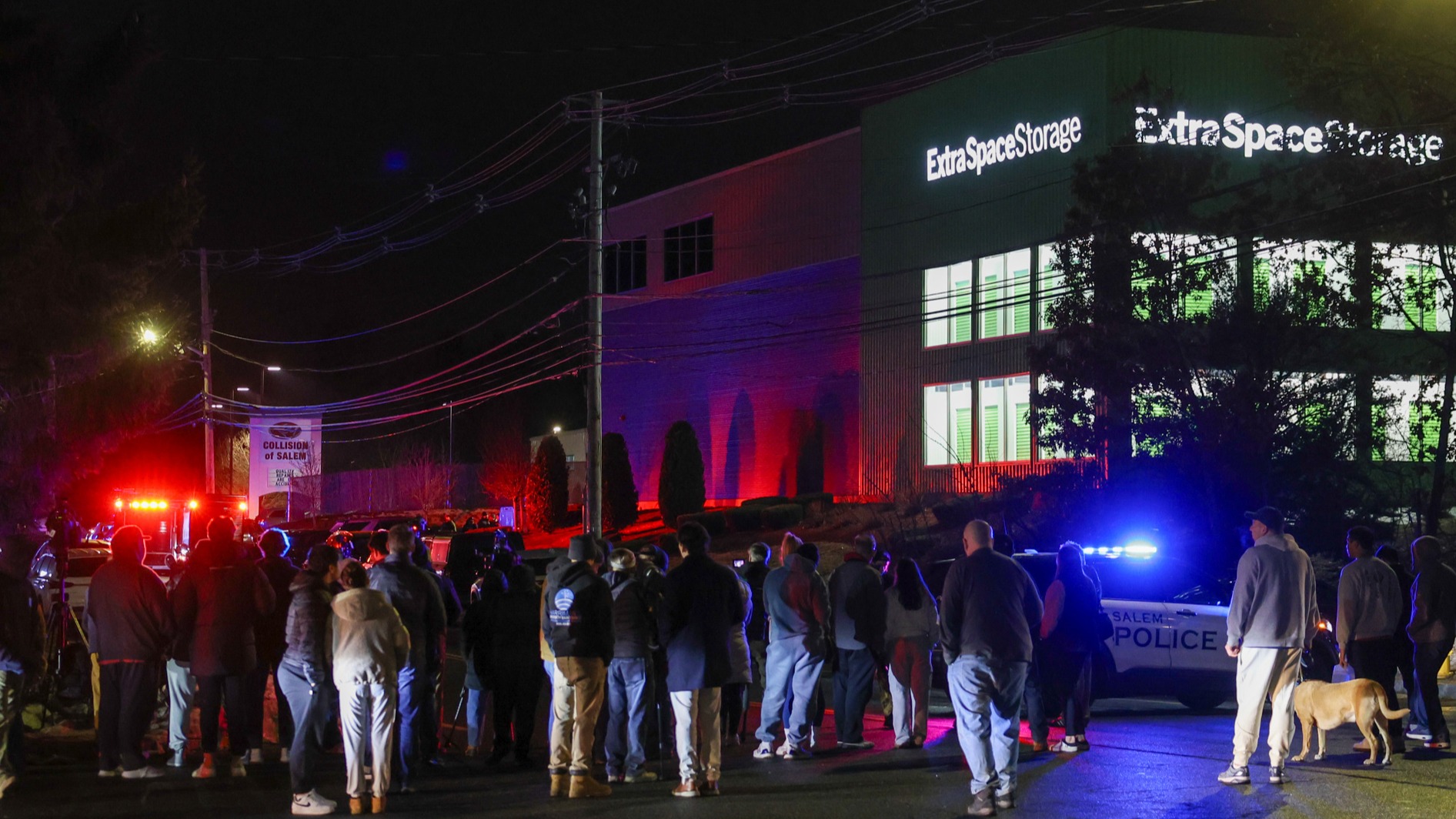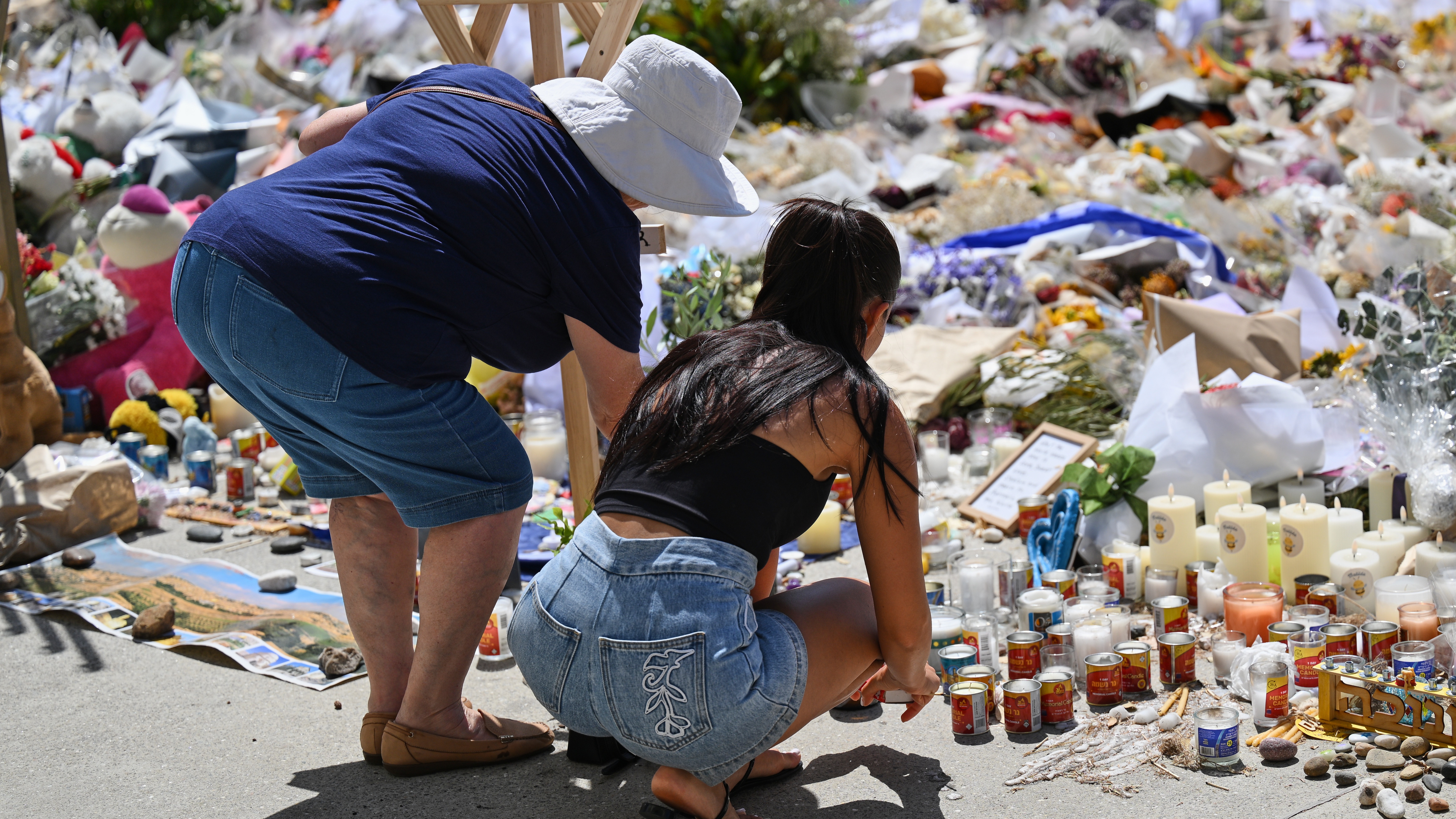Firefighters are more likely to die from cancer, heart attacks and strokes than other people, researchers have found.
Scots crews have a mortality rate for all cancers 1.6 times higher than the general population, according to the study.
They are also dying from heart attacks at five times the rate of the general public, and almost three times the rate from a stroke.
The report said excess cancer mortality was likely linked to different kinds of exposures and fire toxins.
Riccardo la Torre, Fire Brigades Union national officer, said the findings “should horrify the fire services and the government”.
“This is about firefighters dying who did not need to,” he said. “We cannot lose any more firefighters unnecessarily.
“Lives are being lost amongst our friends and colleagues and it must stop.
“We need to catch problems early and mitigate problems early.”
The University of Central Lancashire study looked at mortality data from the National Records of Scotland.
They found the number of firefighters who have died from prostate cancer was 3.8 times higher than the general population, 3.2 times higher for leukaemia, and 2.4 times higher for oesophageal cancer.
And where cancer with an unknown origin has spread, the rate was 6.4 times higher than the general population.
Researchers, led by Professor Anna Stec, looked at 672 deaths among firefighters aged between 30 and 74.
Their findings have now been published in the Journal of Occupational Medicine.
Scottish Fire and Rescue Service assistant chief officer Andy Watt said: “The safety of our staff is paramount. We are aware of this important piece of research and will now review the findings.
“The service has already undertaken work to minimise the risk of contaminants for our staff. This includes a substantial review of how fire appliances, personnel and PPE are decontaminated during and following an incident.
“All fire appliances and training centres have been provided with specialist decontamination wipes, we have trialled station zoning systems to limit potential spread and our standard medical tests involve enhanced cancer screening questions.
“We will continue to work in partnership with the FBU and Professor Anna Stec and this partnership will build on the existing work of our dedicated contaminants group within SFRS.”
Follow STV News on WhatsApp
Scan the QR code on your mobile device for all the latest news from around the country




























